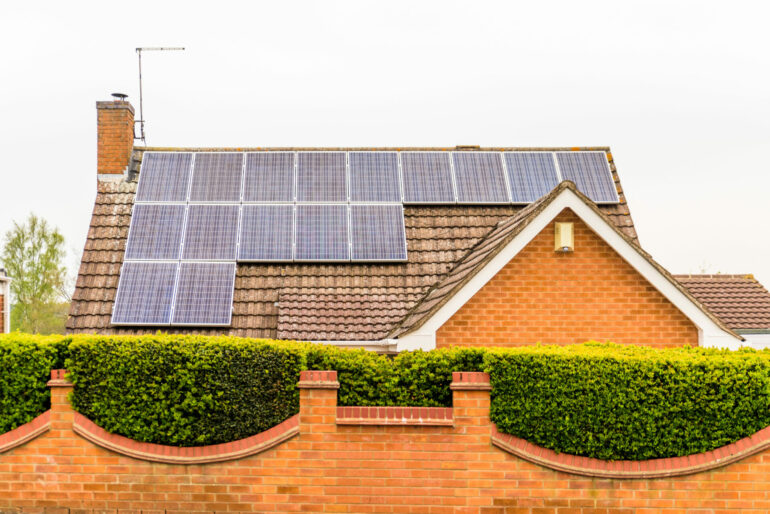A significant number of homeowners are reluctant to invest in energy efficiency improvements without financial incentives or better information, according to new research from the Building Societies Association (BSA). Despite homes accounting for nearly a quarter (23%) of the UK’s carbon emissions, concerns over costs and a lack of clarity on potential savings are holding back action.
The biggest barriers identified by homeowners include the upfront costs of improvements (51%) and uncertainty over how long it would take to recover those costs (51%). Additionally, 37% said they did not know how much money they would actually save by making energy efficiency upgrades.
Paul Broadhead, head of mortgage and housing policy at the BSA, said: “There is clearly a great deal more to do if the energy efficiency of the 29 million homes in the UK are to be improved sufficiently to meet the UK’s net-zero by 2050 commitment. With the recent hike in energy costs, it’s no surprise that our research shows homeowners have an appetite to make changes. However, action is hindered by insufficient information, people, processes, skills and infrastructure to decarbonise homes at the level required.”
The research also highlighted the incentives that could encourage homeowners to take action, with 57% saying they would be motivated by a cheaper energy tariff, 53% by a lower council tax rate, and 38% by evidence that improvements would add value to their home. A third (35%) said clearer information would help, while 31% cited reassurance about the quality of work as a key factor.
While many homeowners believe that changes such as replacing windows and doors (76%) or upgrading a central heating system (76%) would add value to a property, few have made those improvements. In the past 12 months, only 18% have replaced their windows and doors, and just 14% have upgraded their heating system.
However, there has been more uptake for smaller improvements, with 53% of homeowners confirming they had made some energy efficiency upgrades in the last year. The most common changes included switching to low-energy lighting (32%), replacing windows or doors (18%), and improving insulation (17%).
For more costly improvements, the gap between intention and action remains wide. While 17% of homeowners have considered installing solar panels in the past year, only 6% have followed through. Similarly, 9% have looked into renewable energy sources such as heat pumps, but only 5% have installed them.
Broadhead added: “We urgently need a Government-led strategy, including details of any incentives, that will give businesses the confidence to invest in building the industry that will be required to support the decarbonisation transition, and which will provide homeowners with access to information that will enable them to plan the best approach for their property with the knowledge and confidence in what it will deliver.”



